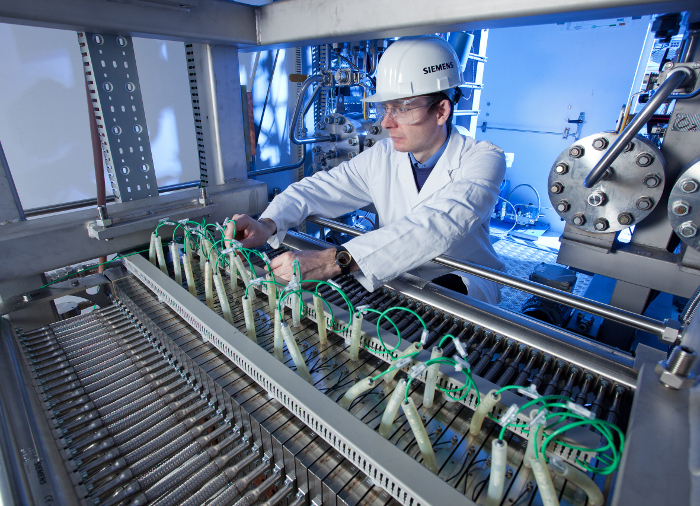The partnership, announced on Tuesday, will see the two peak bodies cooperate to ensure customers are able to buy certifiably green hydrogen, rather than variants made from fossil fuels. The national, industry-led Zero Carbon Certification Scheme will include the creation of a ‘guarantee of origin,’ allowing the production of the hydrogen, ammonia and other renewable hydrogen based fuels and materials to be tracked and authenticated.
The scheme will likely mirror the CertifHy scheme currently being developed in Europe, and will prove important as Australia gears up to become an exporter of renewable hydrogen-based fuels.
“Australia will be a major producer of renewable hydrogen, renewable ammonia and renewable metals and Germany will be a major consumer of these products. It makes absolute sense for Australia’s Smart Energy Council to directly partner with the German Energy Agency to help build these industries and develop a credible certification scheme,” Smart Energy Council chief, John Grimes, said.
“We are cognisant of the important work being undertaken by CertifHy on hydrogen certification and we would expect to work closely with them, noting that we will focus exclusively on zero emissions projects.”
The Smart Energy Council will work with the German Energy Agency through its Hydrogen Australia division. As part of the partnership, the bodies will also work together on initiatives to support new green hydrogen developments, as well as identify barriers, ultimately driving trade between Australia and Germany across the hydrogen supply chain.
The scheme will also cooperate with international partner network the Global Alliance Powerfuels, which is also headed by Germany’s dena, to foster the development of carbon neutral powerfuels.
Andreas Kuhlmann, CEO of dena and spokesman for the Global Alliance Powerfuels, welcomed the partnership. “International partnerships are key to tackling climate change and the attainment of our joint energy objectives,” Kuhlmann said in a statement.
This content is protected by copyright and may not be reused. If you want to cooperate with us and would like to reuse some of our content, please contact: editors@pv-magazine.com.









2 comments
By submitting this form you agree to pv magazine using your data for the purposes of publishing your comment.
Your personal data will only be disclosed or otherwise transmitted to third parties for the purposes of spam filtering or if this is necessary for technical maintenance of the website. Any other transfer to third parties will not take place unless this is justified on the basis of applicable data protection regulations or if pv magazine is legally obliged to do so.
You may revoke this consent at any time with effect for the future, in which case your personal data will be deleted immediately. Otherwise, your data will be deleted if pv magazine has processed your request or the purpose of data storage is fulfilled.
Further information on data privacy can be found in our Data Protection Policy.